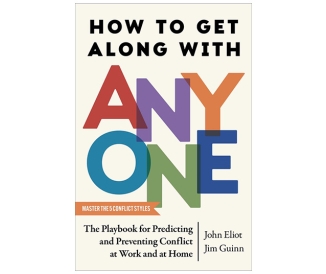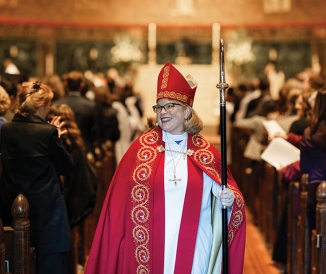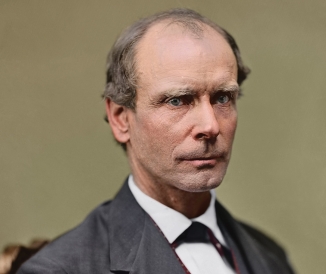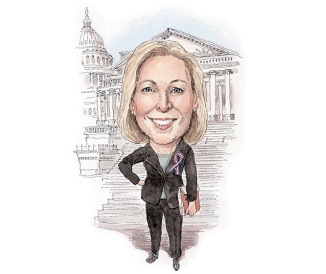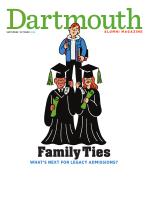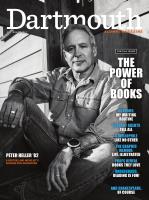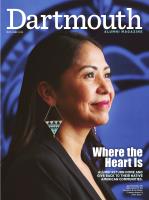Class Note 1952
It was a no-brainer for the college officials preparing to commemorate the 50th anniversary of Dartmouth’s association with the Peace Corps to look to Doc Dey to participate, if only as a knowledgeable historian of the early days. Doc, then an assistant dean of the College, had played a major role in bringing corps recruiters to campus in 1961; he had taken a leave of absence to serve with the corps in the Philippines; and shortly after his return to campus had become the first non-ordained dean of the Tucker Foundation, charged with, among other duties, oversight of the training facilities provided by the College to corps volunteers.
But the keynote address that Doc delivered last November must have far exceeded the expectations of his hosts, worthy of the standing ovation it received. The talk is available on YouTube (search “Dartmouth/An Unintended Consequence”) and I urge everyone to watch it.
The talk defies summarization. Doc recounts with self-deprecating humor his experiences providing moral and logistical support to 60 volunteers scattered around southern Luzon, following with an overview of Dartmouth’s services to the corps that ultimately provided language and other training to volunteers in five programs at seven locations. He weighs the corps’ overall impact, concluding that though the program on occasion fell short of achieving the aspirations of its founders abroad, the contributions made at home by corps alumni have been significant and salutary.
Doc subtitled his remarks “An Unintended Consequence,” and toward the end of his talk he identified that consequence. Surprisingly, it is the “anger” he feels at the deterioration of the idealism embodied the 1961 Peace Corps into the greed, incivility and self-aggrandizement that mark today’s political climate. But he ends on an optimistic note, for Dartmouth at least, finding in the words and actions of President Kim the type of inspired leadership that gives hope for a revival of the idealistic spirit of service that the Peace Corps brought to Dartmouth.
After leaving Dartmouth Doc had a distinguished career as a teacher and headmaster. Upon retirement he joined Alan Reich at the National Organization on Disability, where he still serves as vice chairman.
Doc’s moving keynote address reinforces the thought, put forth by Ken Roman when he called the talk to my attention,that we all stand taller for having Doc Dey as our classmate.
—Dave Drexler, 100 Waters Edge Drive, Jupiter, FL 33477; (561) 747-3874; dave@drexler.com

